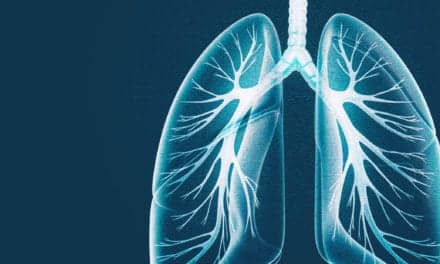Diastolic hypotension may serve as an early warning indicator of severity of acute asthma or reactive airway exacerbation, according to new research out of the University of California Davis School of Medicine.
After reviewing data on nearly 2.5 million emergency room visits by children with asthma, investigators found that diastolic hypotension was the only significant factor associated with admission across all age groups. Still, the condition was a much greater predictor of admission for children 1-3 years old and 3-6 years old, compared to 6-12 years old and 12-18 years old.
The authors suspect the condition could present in these children due to an unknown comorbidity resulting in widened pulse pressure, such as anemia or heart disease. However, they believe it is likely due to recent substantial albuterol use prior to visiting the ER and is therefore a marker of sicker children.
Other factors, such as tachypnea, tachycardia, hypoxemia, and hypothermia or fever, also predicted admission, but only in specific age groups.
“This study shows the importance of age-specific assessment in the evaluation of acute asthma or reactive airway exacerbation,” the authors concluded. “These early predictors may have potential implications for hospital-based quality improvement, resource use, and throughput benchmarks.”









